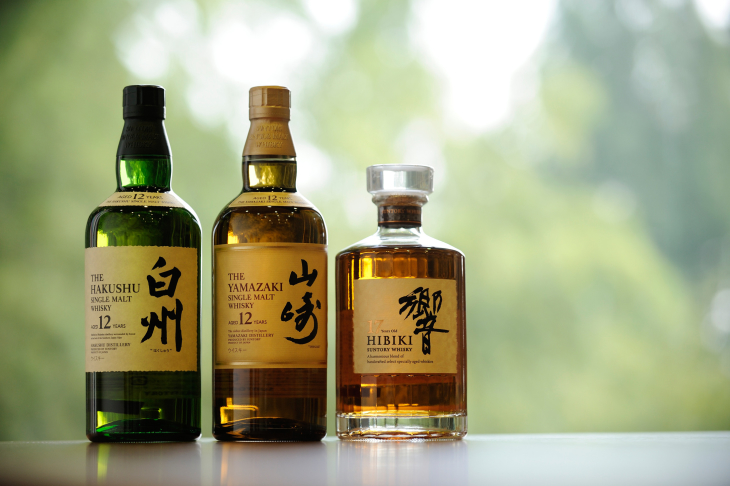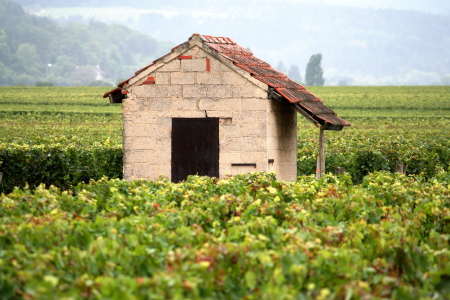When we think of top notch whisky, let alone collectible and investible whisky, most of us tend to think of Scotland. Indeed, Scotch and Irish whiskies were the original and most ardent contributors to the rise of small batch single-malts, but Japanese whiskies have been steadily growing in popularity in recent years. Since 2014, the RW 101 Japanese 100 Index has gained nearly 580%. This index from Rare Whisky 101 includes 100 collectors bottles of whisky from Japan.
These whiskies offer unique flavor profiles that set them apart from their Scottish and American counterparts, and their increasing demand is creating investment opportunities for those looking to diversify their portfolio. Even more important though is the supply and demand variables at play. Investible whiskies are almost always very rare bottlings. The main names within the Japanese segment take that concept to an even greater level.
Japanese whiskies have been performing exceptionally well against the broader market. The Rare Whisky 101 Japanese Whisky Index saw gains of 11.75% in 2022. On the level of individual distilleries, performance gets even better. For example, the RW 101 Karuizawa Index was up 20% in 2022. Located at the foot of an active volcano in central Japan, the Karuizawa Distillery was founded in 1955 and produced high-quality single malt whiskies, which gained a strong reputation over decades and became renowned for their exceptional taste and aroma. Karuizawa produced single malts until 2000, when it was mothballed due to declining sales and then dismantled and sold in 2012.
Other famous examples include:
Yamazaki 18 Year Old: A single malt whisky from one of Japan's oldest distilleries, Yamazaki 18 Year Old is known for its complex flavor profile and smooth finish. The RW 101 Yamazaki index tracks the performance of 30 bottles from the Yamazaki distillery, and has gained roughly 917.56% since the end of 2014.
Hibiki 21 Year Old: A blended whisky that has won numerous awards for its balanced and elegant taste, Hibiki 21 Year Old is highly sought after by collectors.
Nikka Yoichi 20 Year Old: This single malt whisky is made from barley that is grown and malted in-house, giving it a unique character that is prized by whisky enthusiasts.
The Japanese whisky-making process is heavily influenced by the Scottish tradition, but with a unique Japanese twist. The country's climate, water sources, and local ingredients all contribute to the distinctive flavor profile of Japanese whiskies.
In terms of whisky investing, the success of Japanese whiskies is due in large part to their rarity. A lot of scotch is very rare relative to more large-scale commercial operations, but some of the most collectible Japanese whiskies can have as few as 80 bottles. As mentioned with Karuizawa, some of the most pursued producers aren’t even in operation anymore. This means bottlings of Karuizawa that actually find their way to market can garner $40,000 a bottle.The very small production makes Japanese whiskies exclusive and sought after. As demand for these whiskies continues to rise, their limited availability could drive up their value even further.
For investors, Japanese whiskies offer a unique opportunity to diversify their portfolio with an asset that is not directly tied to the stock market. While the value of stocks and bonds can fluctuate rapidly, the value of a bottle of whisky can increase steadily over time. In fact, some rare Japanese whiskies have seen their value increase by more than 500% in the past decade.
While Japanese whiskies are certainly the area of momentum right now, they are part of a broader rare whisky market for investors to consider. The Rare Whisky 101 Apex 1000 index has gained 418.42% since 2013. Meant to measure the performance of the 1,000 best performing bottles of rare whisky, the Apex 1000 has demonstrated returns for whisky investing that are very compelling as a targeted piece of one's portfolio. Unlike traditional assets like stocks and bonds, whisky is a tangible, physical asset that can appreciate in value over time. As rare and highly sought-after whiskies become increasingly scarce, their value can skyrocket, making them a potentially lucrative investment for those with the knowledge and resources to invest wisely.


